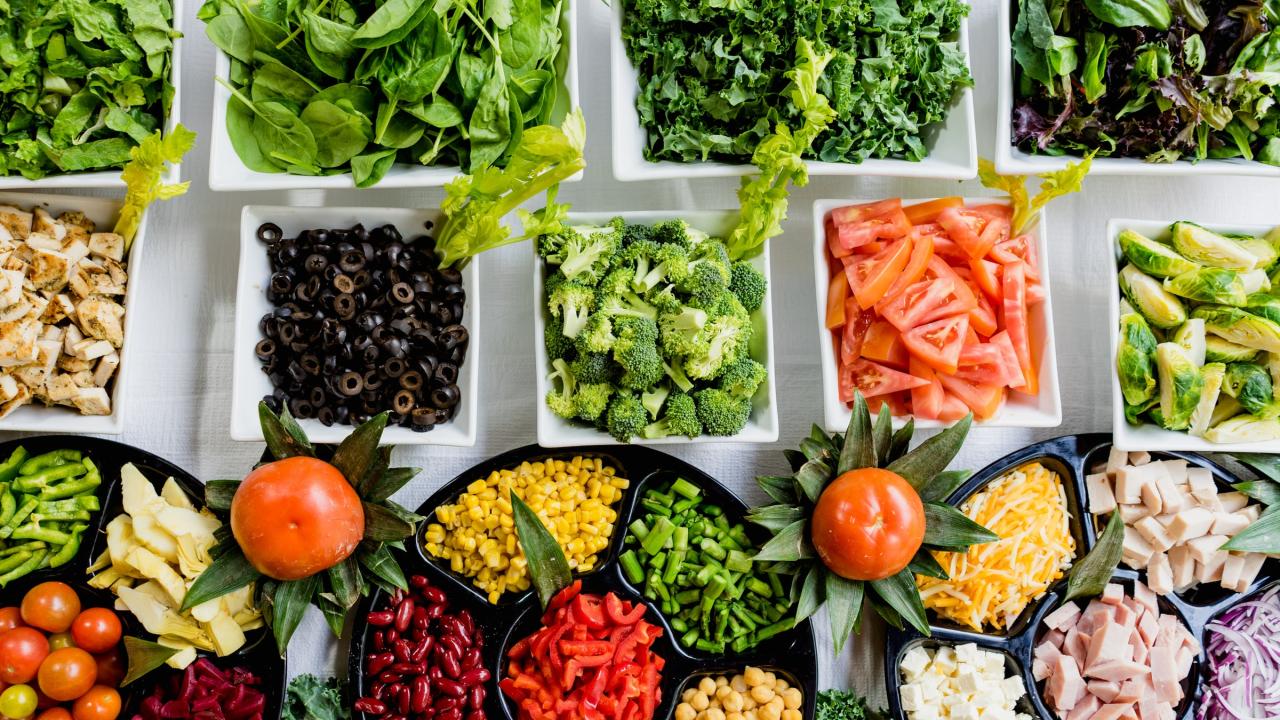
Fall Blog: Eating Healthy on a College Budget
Healthy Eating on a College Budget: Tips for nutritious meals without breaking the bank.
As a college student, it can be difficult to find a balance between eating healthy without wasting precious time and money. Having a good, well-balanced diet is essential for college students to have enough energy to learn and study, as well as make sure that their health is cared for the best it can be. Here are some tips on how to eat nutritious meals without breaking the bank.
Buy in Bulk
Purchasing non-perishable food items like grains and pastas in bulk can significantly reduce your cost per serving. This approach not only saves money but also minimizes the number of grocery trips you need to make.
Plan Your Meals and Meal Prep
Meal prepping is a fantastic strategy for ensuring your meals are nutritious, balanced, and cost-effective. By planning your meals in advance, you can create a precise shopping list, avoid overbuying, and reduce food waste. Utilize online cookbooks and recipes to find meal prep options that fit your needs. Preparing meals on weekends can save time during the week, allowing you to focus on studies, work, or other priorities.
Stick to Your List
Creating a detailed grocery list is crucial for effective meal prepping. Shopping without a list can lead to impulse buys and wasted money. A well-thought-out list helps you purchase only what you need.
Cook at Home
Cooking at home is a more economical option compared to frequently ordering takeout or dining out. By preparing your own meals, you can customize them to your preferences and ensure they are nutritionally balanced. This practice not only saves money but also helps you maintain a healthier diet.
Use Frozen Fruits and Vegetables
While fresh produce is important, incorporating frozen fruits and vegetables into your diet is a budget-friendly alternative. Frozen produce has a longer shelf life, reducing waste if you can’t use it immediately. These can be used in smoothies, frittatas, soups, and more.
Choose Affordable Protein Sources
Protein is essential for feeling full and maintaining energy levels. Opt for cost-effective protein sources that have a long shelf life, such as canned tuna, black beans, oats, and natural peanut butter. Nuts and seeds are also great pantry staples that provide additional healthy fats and proteins.
By following these tips, you can manage your food budget effectively while maintaining a balanced diet.
